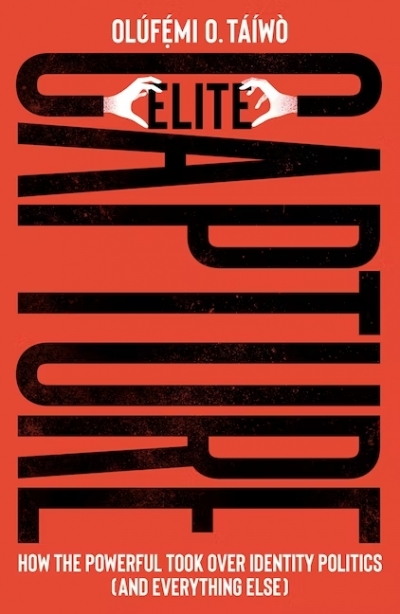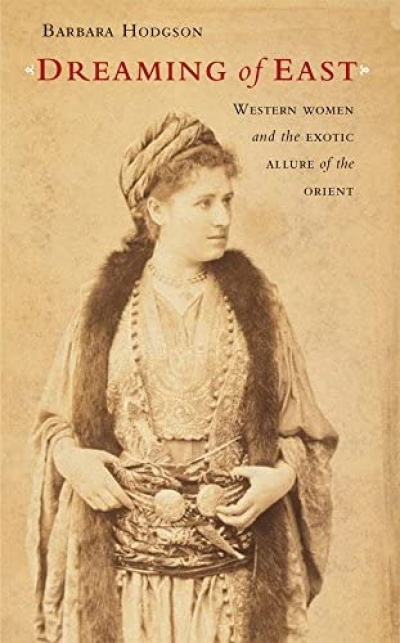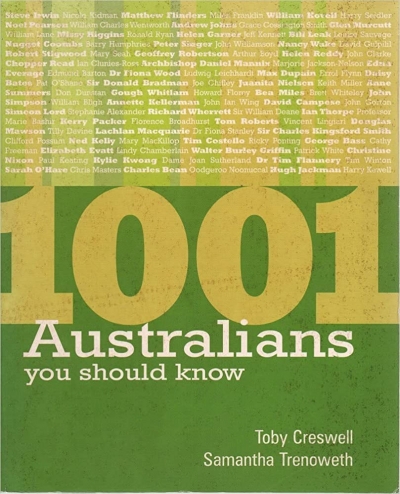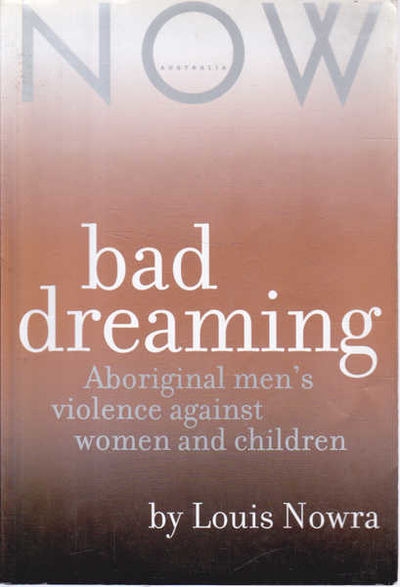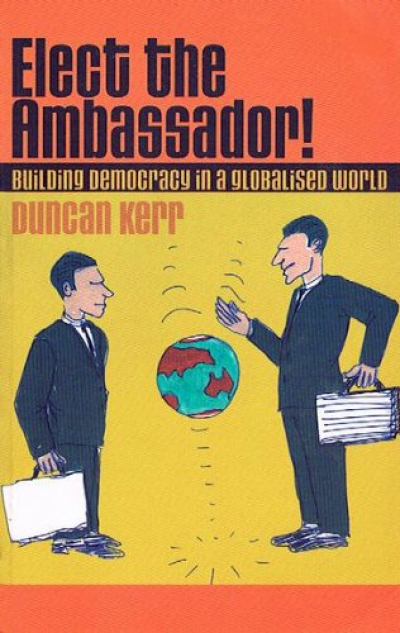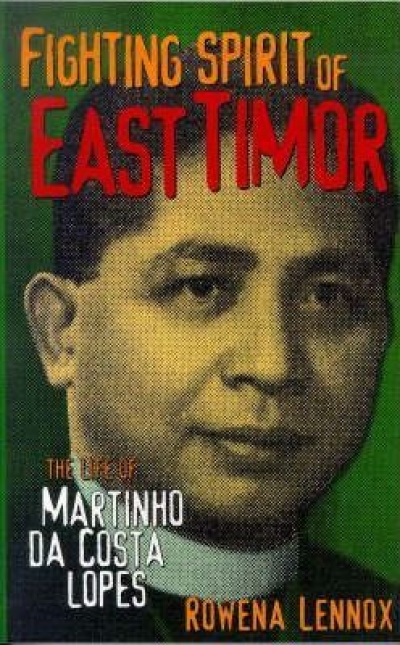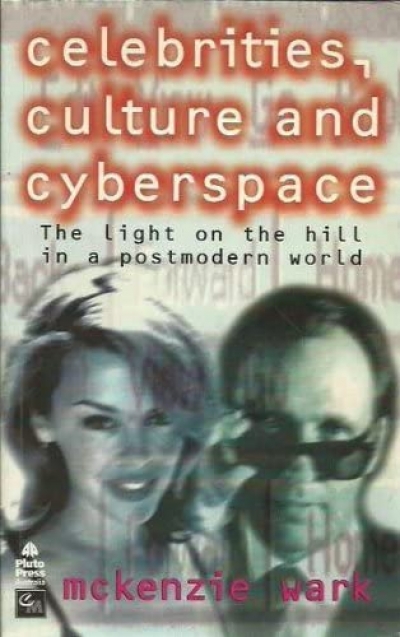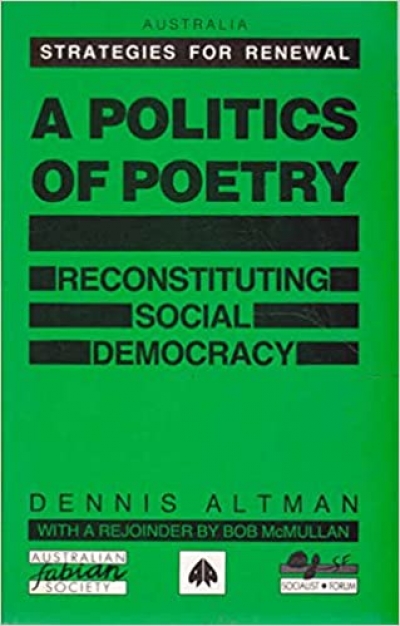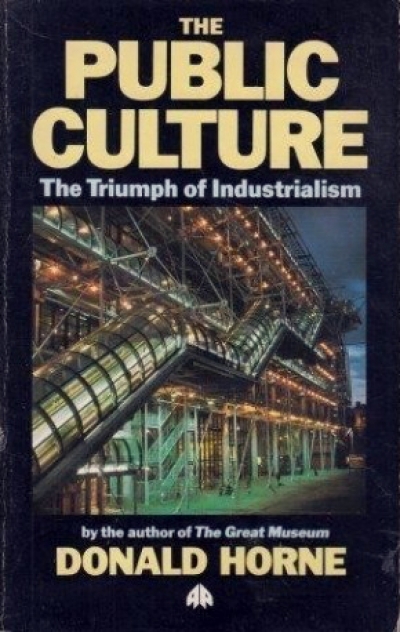Pluto Press
Elite Capture: How the powerful took over identity politics (and everything else) by Olúféṃi O. Táíwò
by Yassmin Abdel-Magied •
Dreaming of East by Barbara Hodgson & Women of the Gobi by Kate James
by Alison Broinowski •
1001 Australians You Should Know edited by Toby Creswell and Samantha Trenoweth
by John Carmody •
Bad Dreaming: Aboriginal men's violence against women and children by Louis Nowra
by John Hirst •
Elect the Ambassador: Building democracy in a globalised world by Duncan Kerr
by Hugh Stretton •
The Fighting Spirit of East Timor: The life of Martinho da Costa Lopes by Rowena Lennox
by Richard Lunn •
Celebrities, Culture and Cyberspace: The light on the hill in a postmodern world by McKenzie Wark
by Andrew Rutherford •
A Politics of Poetry: Reconstituting social democracy by Dennis Altman
by Judith Brett •
The Public Culture: The Triumph of Industrialism by Donald Horne
by Bronwen Levy •

